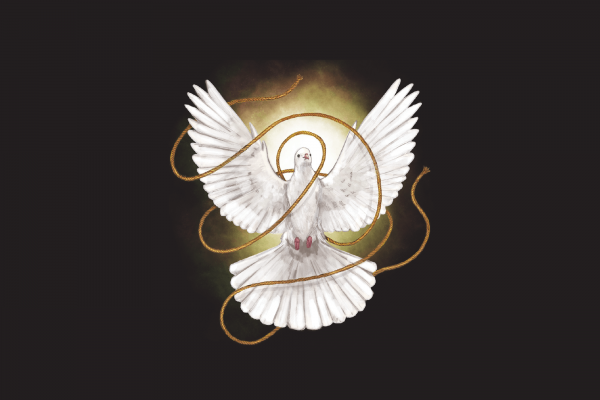EARLY ON IN my training for hospital chaplaincy the spiritual care director asked each student to choose a biblical role model of faith. I chose the Apostle Paul. It wasn’t an obvious choice for someone raised as a feminist and aware of the damage done to women through interpretation of Paul’s letters and those attributed to him.
Despite that, I love the way Paul’s faith and humanity shine through his words. Even in his letter to the Romans, one of Paul’s last and most-polished, we have a sense of his limitations. He mixes confidence and humility, offering an unflinching look at sin: collective sin and the sin that is particular to each of us, broken beloveds of God.
I need Paul’s writing on sin so that I don’t grow too self-righteous. When Paul writes that we received God’s grace “while we were still weak” (Romans 5:6), I am reminded that I can’t claim righteousness before God on my own. It is only when we have an honest estimation of ourselves and our capabilities that we can engage in justice work without moralizing or neglecting to set good boundaries.
Taking sin seriously means not only fighting back against oppression but taking a hard look at myself. In my feminism, am I aware of and working to end the ways misogyny particularly oppresses black, brown, Asian, and Indigenous women, as well as queer and trans people? Do I put my own concerns first or truly seek liberation for all people?
June 7
With Us Always
Genesis 1:1-2, 4; Psalm 8; 2 Corinthians 13:11-13; Matthew 28:16-20
READING THE CREATION story in Genesis, I imagine myself deep inside a dark place, with the breath of God like a gust of wind. I recall James Weldon Johnson’s poem “The Creation,” especially as it is read by James Earl Jones in a short film featuring animated clay art by Joan C. Gratz. The darkness through which God births the world is “blacker than a hundred midnights / down in a cypress swamp.” From that rich blackness comes the countless colors of the myriad creatures that dwell on the earth.
Read the Full Article

